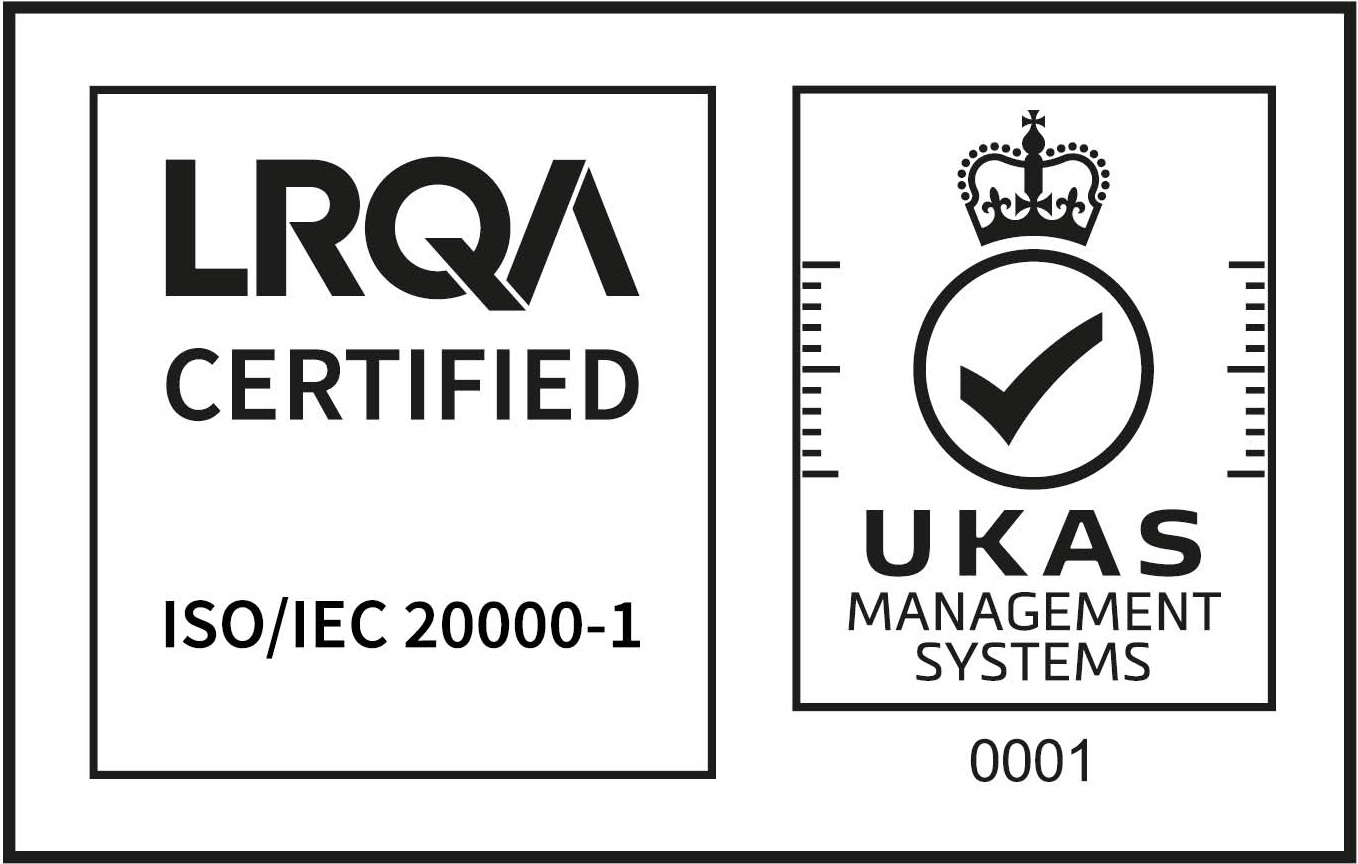
ISO/IEC 20000 IT Service Management
An SMS supports the management of the service lifecycle, including the planning, design, transition, delivery and improvement of services, which meet agreed requirements and deliver value for customers, users and the organization delivering the services. Implementation and operation of an SMS provides ongoing visibility, control of services and continual improvement, leading to greater effectiveness and efficiency.
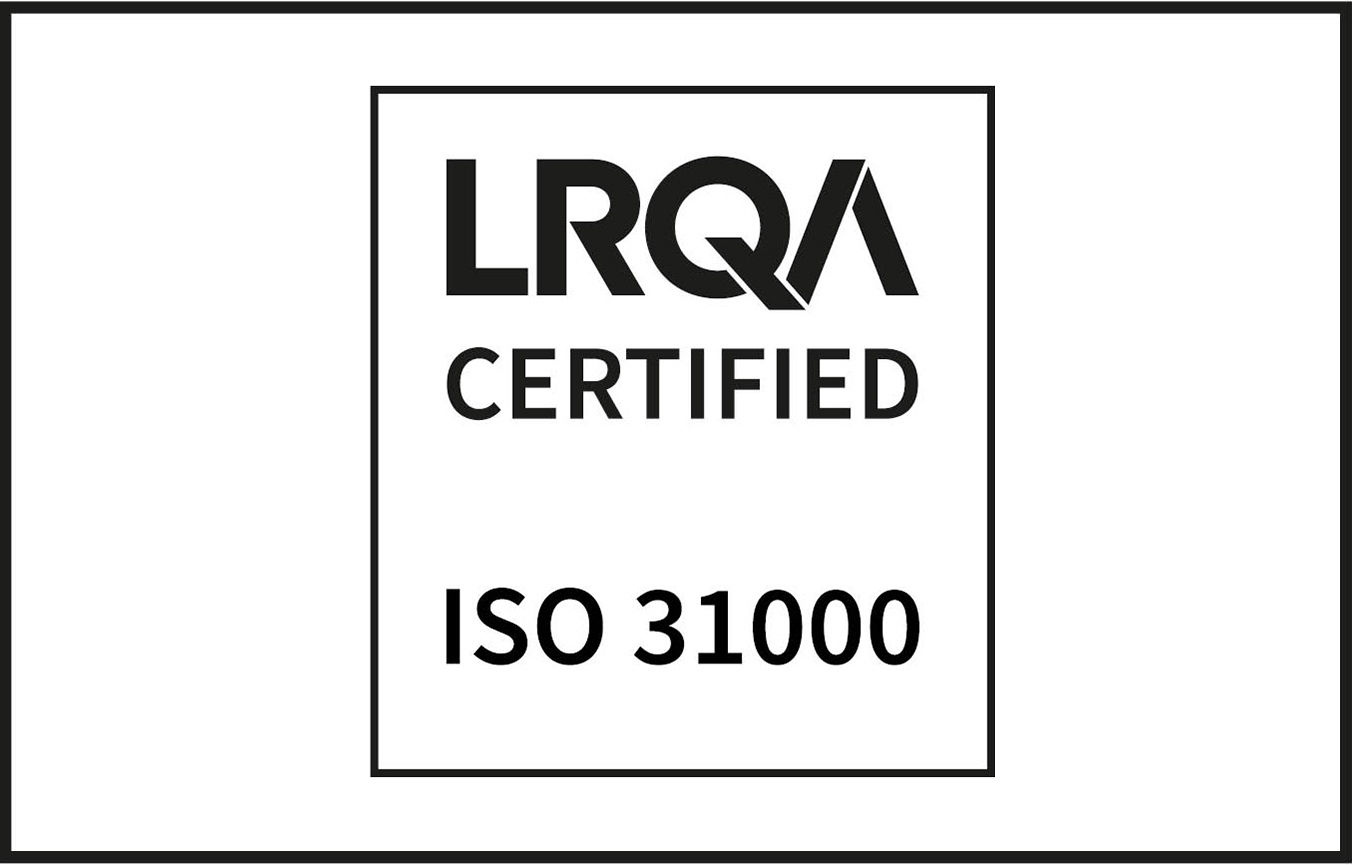
ISO 31000 Risk Management
Organizations of all types and sizes face external and internal factors and influences that make it uncertain whether they will achieve their objectives. Managing risk is iterative and assists organizations in setting strategy, achieving objectives and making informed decisions.
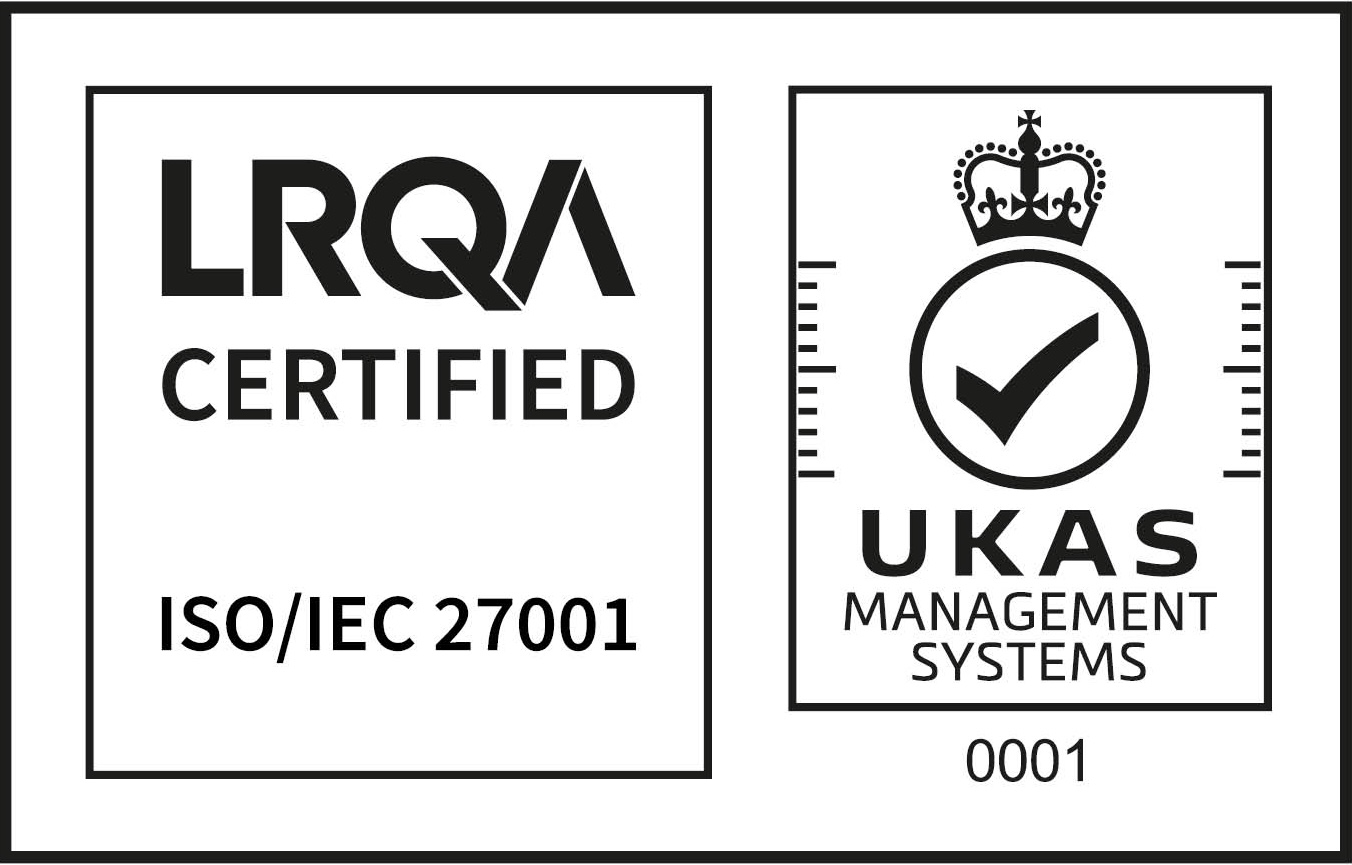
ISO 27001 Information Security Management System
ISO 27001 is an international standard for information security management systems (ISMS). It provides a framework for SCAD to manage and protect sensitive data through a systematic approach, including risk management, policies, procedures, and controls. The standard helps SCAD to ensure the confidentiality, integrity, and availability of information by establishing best practices for securing data, both physical and digital. Achieving ISO 27001 certification demonstrates SCAD commitment to maintaining robust security measures to protect against threats and vulnerabilities.
ISO 9001 Quality Management System
International recognition certificate includes a set of standards within the quality management system. The ISO 9000 standards are issued and maintained by the by the International Standards Organization (ISO) and run by the competent accreditation authorities in different countries. The rules applied are updated according to the requirements agreed upon internationally in a manner that keeps up with the developments in technology and human knowledge and experience. They represent guidelines for implementation in institutions and companies in order to improve quality.
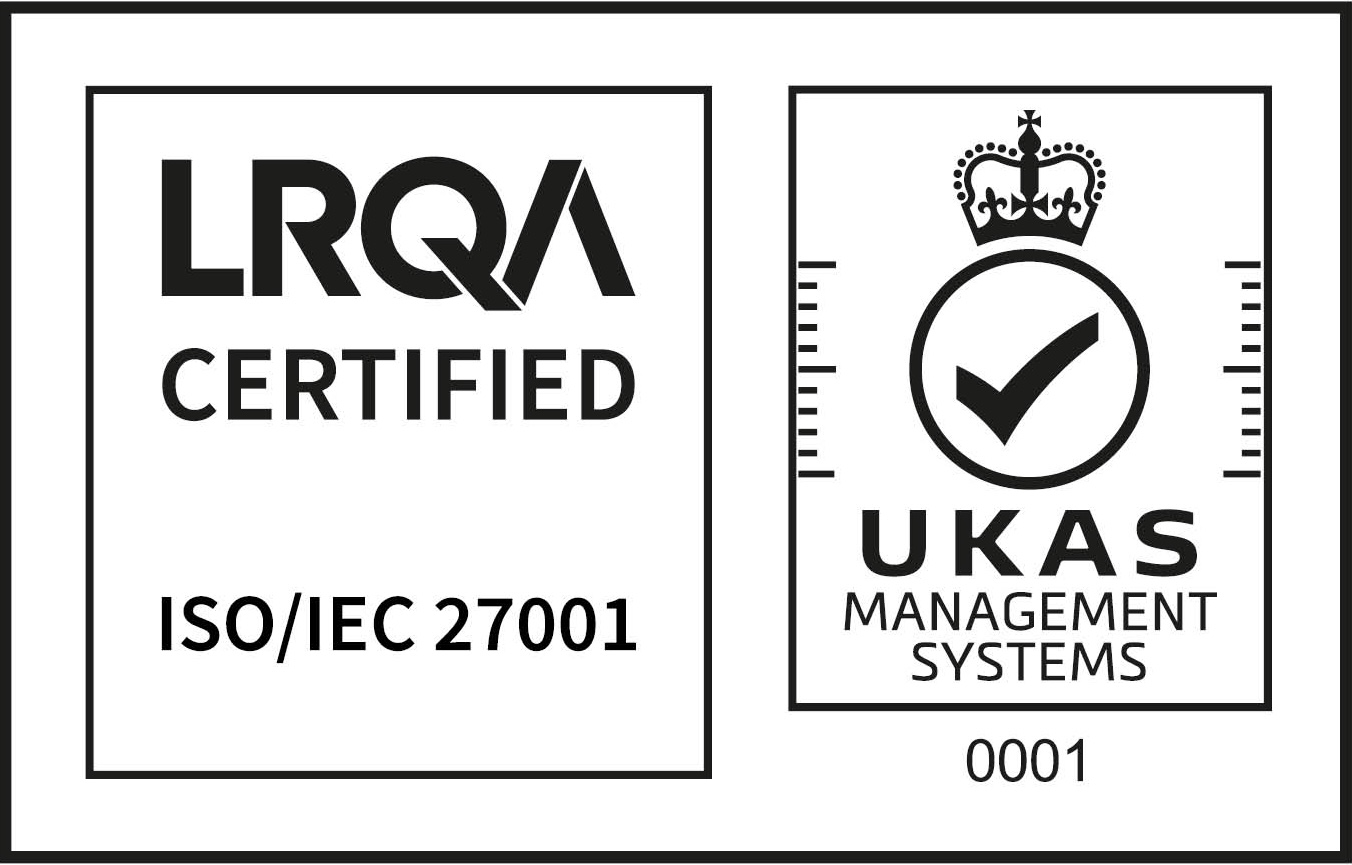
ISO 27001 Information Security Management System
ISO 27001 is an international standard for information security management systems (ISMS). It provides a framework for SCAD to manage and protect sensitive data through a systematic approach, including risk management, policies, procedures, and controls. The standard helps SCAD to ensure the confidentiality, integrity, and availability of information by establishing best practices for securing data, both physical and digital. Achieving ISO 27001 certification demonstrates SCAD commitment to maintaining robust security measures to protect against threats and vulnerabilities.
ISO 9001 Quality Management System
International recognition certificate includes a set of standards within the quality management system. The ISO 9000 standards are issued and maintained by the by the International Standards Organization (ISO) and run by the competent accreditation authorities in different countries. The rules applied are updated according to the requirements agreed upon internationally in a manner that keeps up with the developments in technology and human knowledge and experience. They represent guidelines for implementation in institutions and companies in order to improve quality.
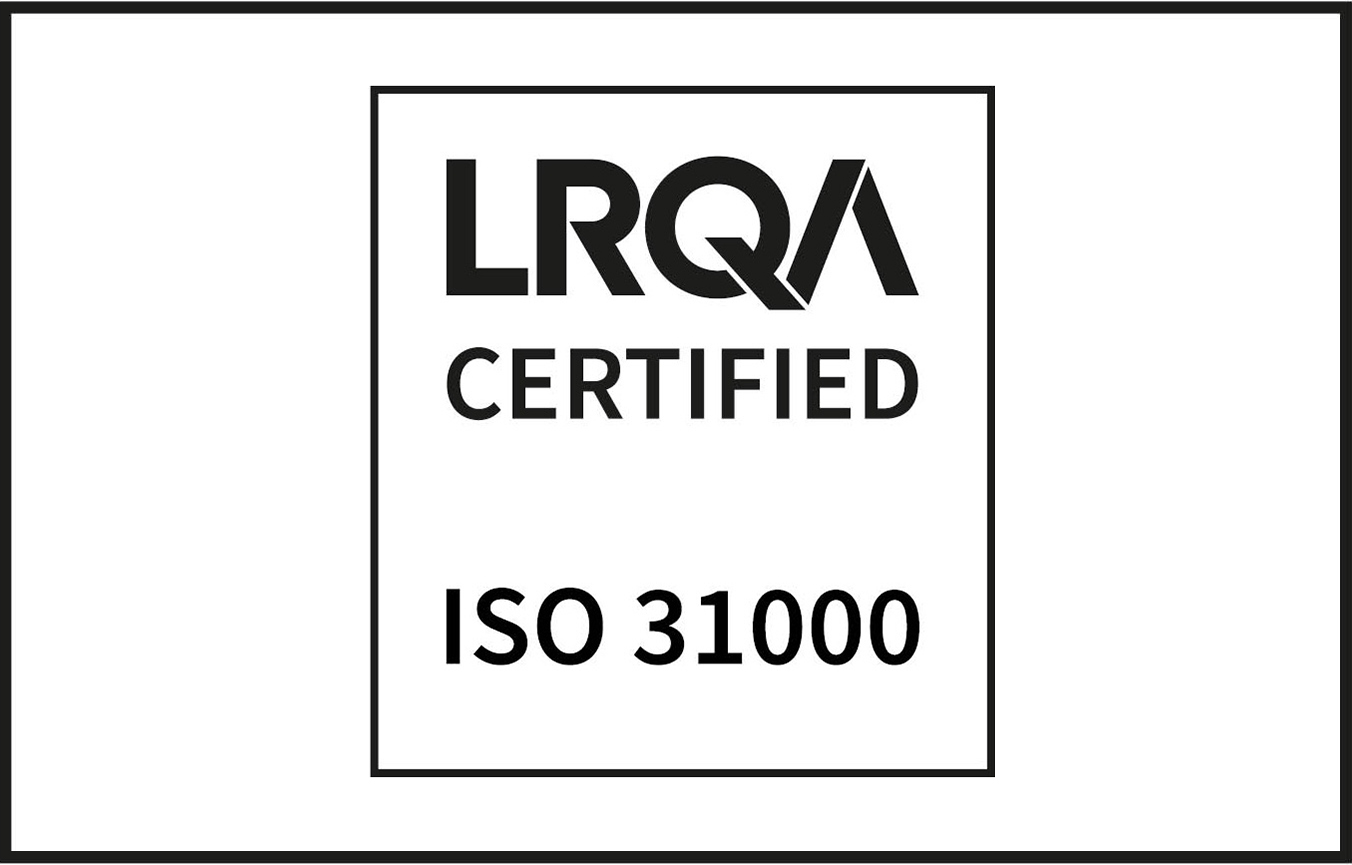
ISO 31000 Risk Management
Organizations of all types and sizes face external and internal factors and influences that make it uncertain whether they will achieve their objectives. Managing risk is iterative and assists organizations in setting strategy, achieving objectives and making informed decisions.

ISO 27001 Information Security Management System
ISO 27001 is an international standard for information security management systems (ISMS). It provides a framework for SCAD to manage and protect sensitive data through a systematic approach, including risk management, policies, procedures, and controls. The standard helps SCAD to ensure the confidentiality, integrity, and availability of information by establishing best practices for securing data, both physical and digital. Achieving ISO 27001 certification demonstrates SCAD commitment to maintaining robust security measures to protect against threats and vulnerabilities.

ISO/IEC 20000 IT Service Management
An SMS supports the management of the service lifecycle, including the planning, design, transition, delivery and improvement of services, which meet agreed requirements and deliver value for customers, users and the organization delivering the services. Implementation and operation of an SMS provides ongoing visibility, control of services and continual improvement, leading to greater effectiveness and efficiency.

ISO 27001 Information Security Management System
ISO 27001 is an international standard for information security management systems (ISMS). It provides a framework for SCAD to manage and protect sensitive data through a systematic approach, including risk management, policies, procedures, and controls. The standard helps SCAD to ensure the confidentiality, integrity, and availability of information by establishing best practices for securing data, both physical and digital. Achieving ISO 27001 certification demonstrates SCAD commitment to maintaining robust security measures to protect against threats and vulnerabilities.
ISO 9001 Quality Management System
International recognition certificate includes a set of standards within the quality management system. The ISO 9000 standards are issued and maintained by the by the International Standards Organization (ISO) and run by the competent accreditation authorities in different countries. The rules applied are updated according to the requirements agreed upon internationally in a manner that keeps up with the developments in technology and human knowledge and experience. They represent guidelines for implementation in institutions and companies in order to improve quality.
ISO 20000 Service Management System
An SMS supports the management of the service lifecycle, including the planning, design, transition, delivery and improvement of services, which meet agreed requirements and deliver value for customers, users and the organization delivering the services. Implementation and operation of an SMS provides ongoing visibility, control of services and continual improvement, leading to greater effectiveness and efficiency. Improvement for service management applies to the SMS and the services.
ISO 14001 Environment Management System
The purpose of this International Standard is to provide organizations with a framework to protect the environment and respond to changing environmental conditions in balance with socio-economic needs. It specifies requirements that enable an organization to achieve the intended outcomes it sets for its environmental management system.
ISO 10015 Competence Management and People Development
An international certification setting the guidelines that would enable organizations to identify their training needs, develop training plans, provide the resources required, evaluate the outcomes obtained, monitor and develop the training process in the pursuit of training objectives
ISO 56002 Innovation Management
An innovation management system guides the organization to determine its innovation vision, strategy, policy, and objectives, and to establish the support and processes needed to achieve the intended outcomes.

ISO 31000 Risk Management
Organizations of all types and sizes face external and internal factors and influences that make it uncertain whether they will achieve their objectives. Managing risk is iterative and assists organizations in setting strategy, achieving objectives and making informed decisions.
Did you find this content useful?
Share your feedback with us so we can improve your experience.
